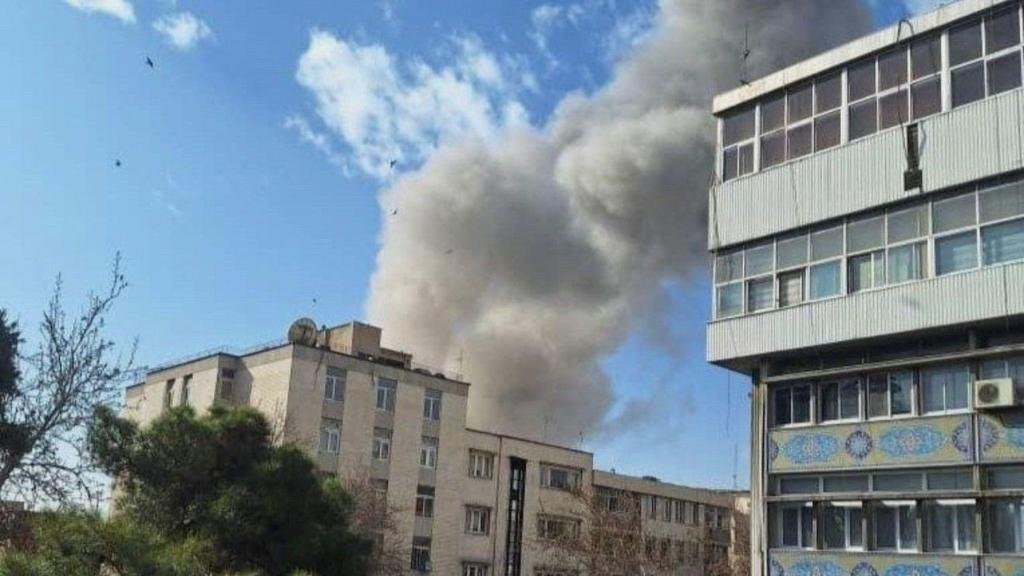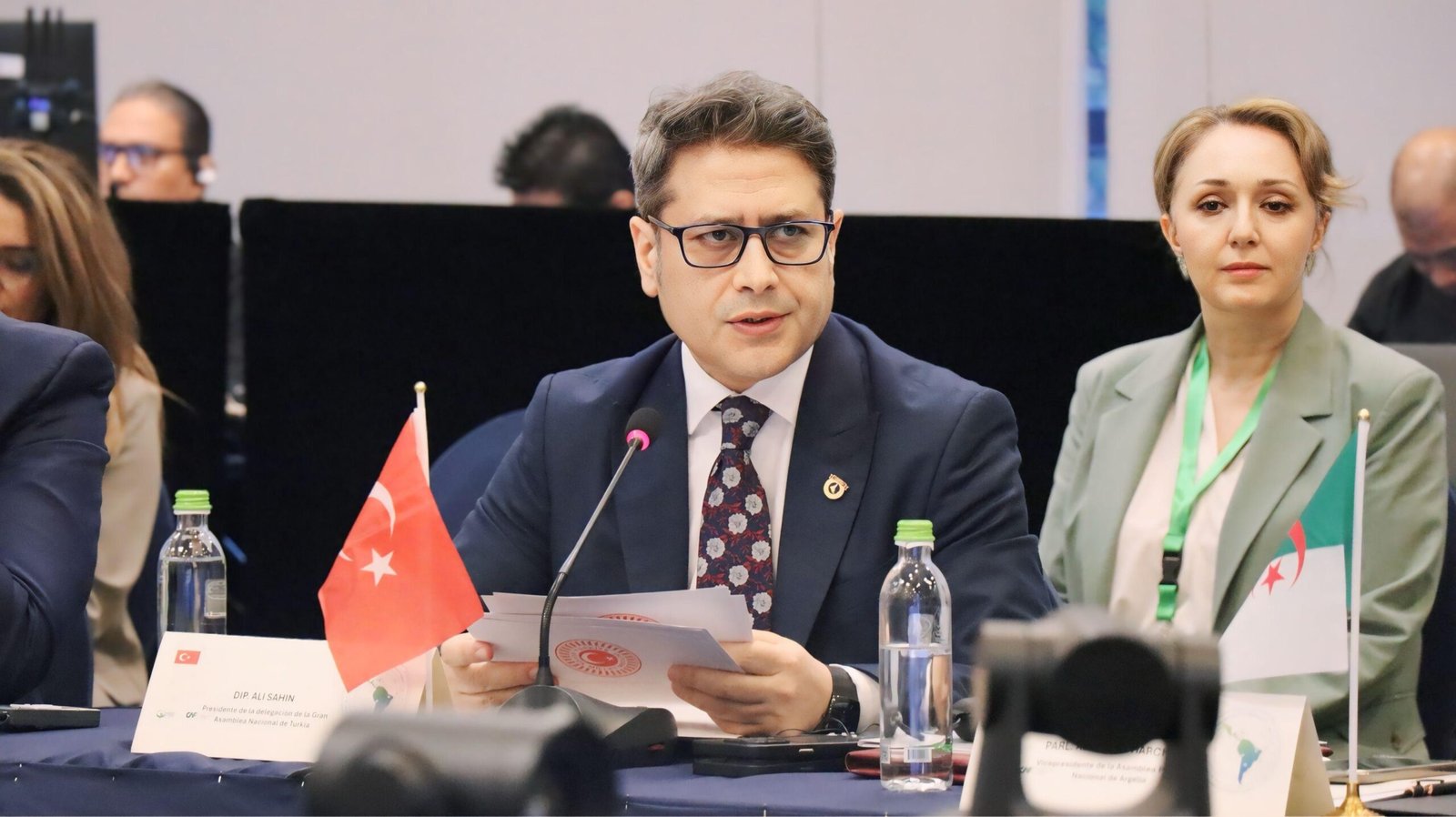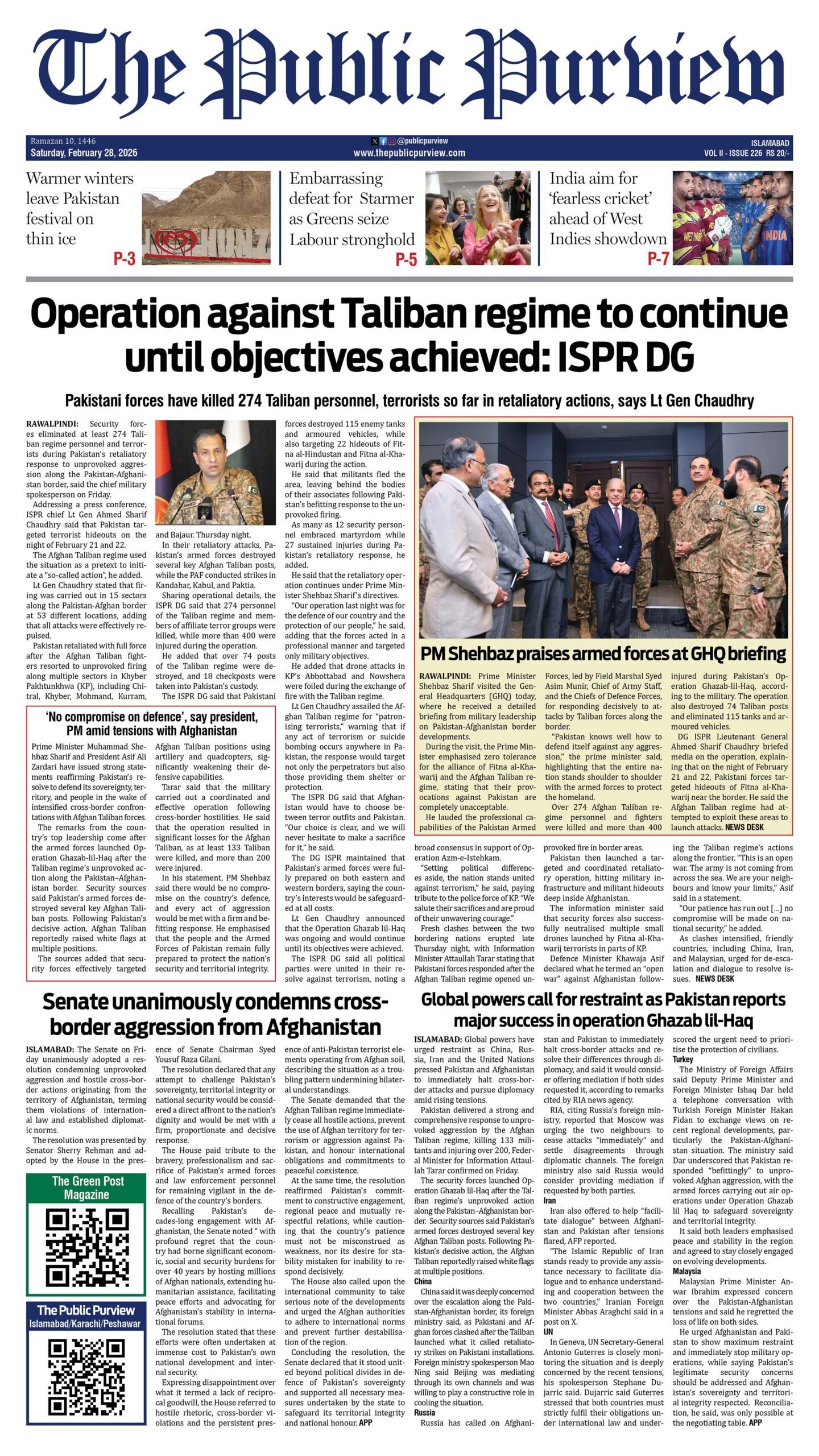Pakistan’s First Astronauts will begin training in China this October, marking a historic leap in the country’s space ambitions. The one-year program at the China Manned Space Agency (CMSA) will prepare two Pakistani citizens for a week-long mission aboard the Chinese Space Station in 2026. As a result, Pakistan joins the ranks of nations pursuing human spaceflight.
According to Suparco, over 300 science experiments have been shortlisted for the mission. These span medicine, aerospace, ecology, and astronomy. The initiative falls under the China–Pakistan Space Cooperation Plan (2025–2029), which includes astronaut training, lunar research, and advanced space technology development. Therefore, the launch of Pakistan’s First Astronauts reflects a broader strategic shift toward high-tech collaboration under the China–Pakistan Action Plan 2025–2029.
Notably, this human spaceflight mission is more than symbolic. It demonstrates Pakistan’s intent to contribute meaningfully to global scientific research. The experiments will explore microgravity’s effects on human health, test aerospace materials, and study ecological systems in space. Consequently, these findings could inform future medical treatments, climate models, and engineering designs.
Meanwhile, digital infrastructure is advancing under the same framework. Projects like the Pak–China fiber optic extension and Huawei’s proposed 5G rollout are underway. In addition, these efforts support broader goals of connectivity, innovation, and regional stability.
However, challenges remain. Pakistan’s economy faces pressure from external debt and limited foreign reserves. As a result, Chinese investors now seek stronger guarantees and clearer regulations. Security risks also persist. Past attacks on Chinese nationals have prompted Beijing to demand tighter protections. To address this, the Action Plan includes joint counterterrorism exercises and intelligence-sharing. Still, consistent implementation remains critical.
Ultimately, the training of Pakistan’s First Astronauts is a powerful symbol of ambition. Yet its success—and the success of the broader China–Pakistan Action Plan 2025-29—depends on disciplined execution, economic reform, and sustained security guarantees. If managed well, this mission could inspire a new generation of scientists and engineers. More importantly, it could prove that high-level trust can translate into real progress—both in orbit and on the ground.







 Today's E-Paper
Today's E-Paper